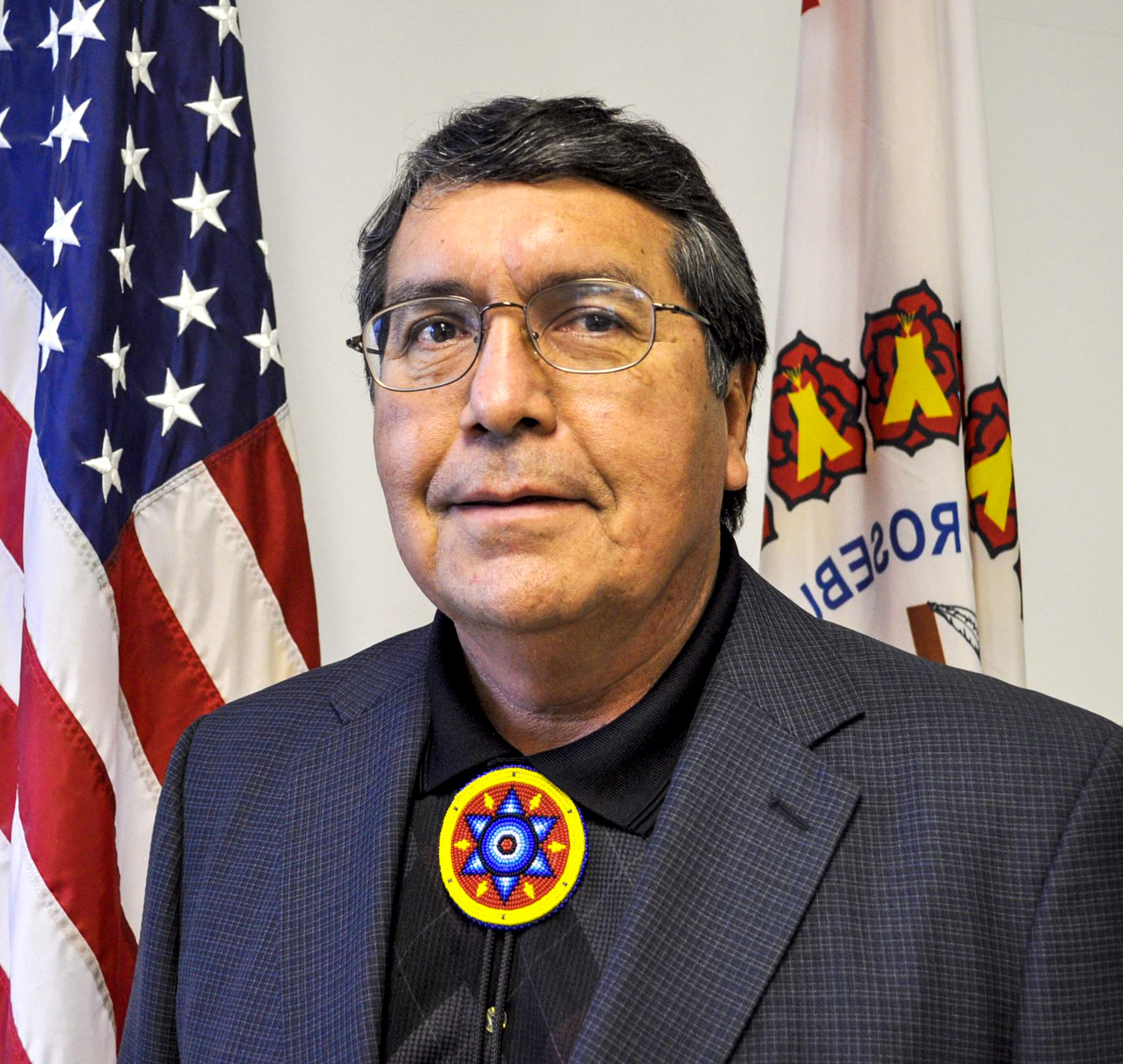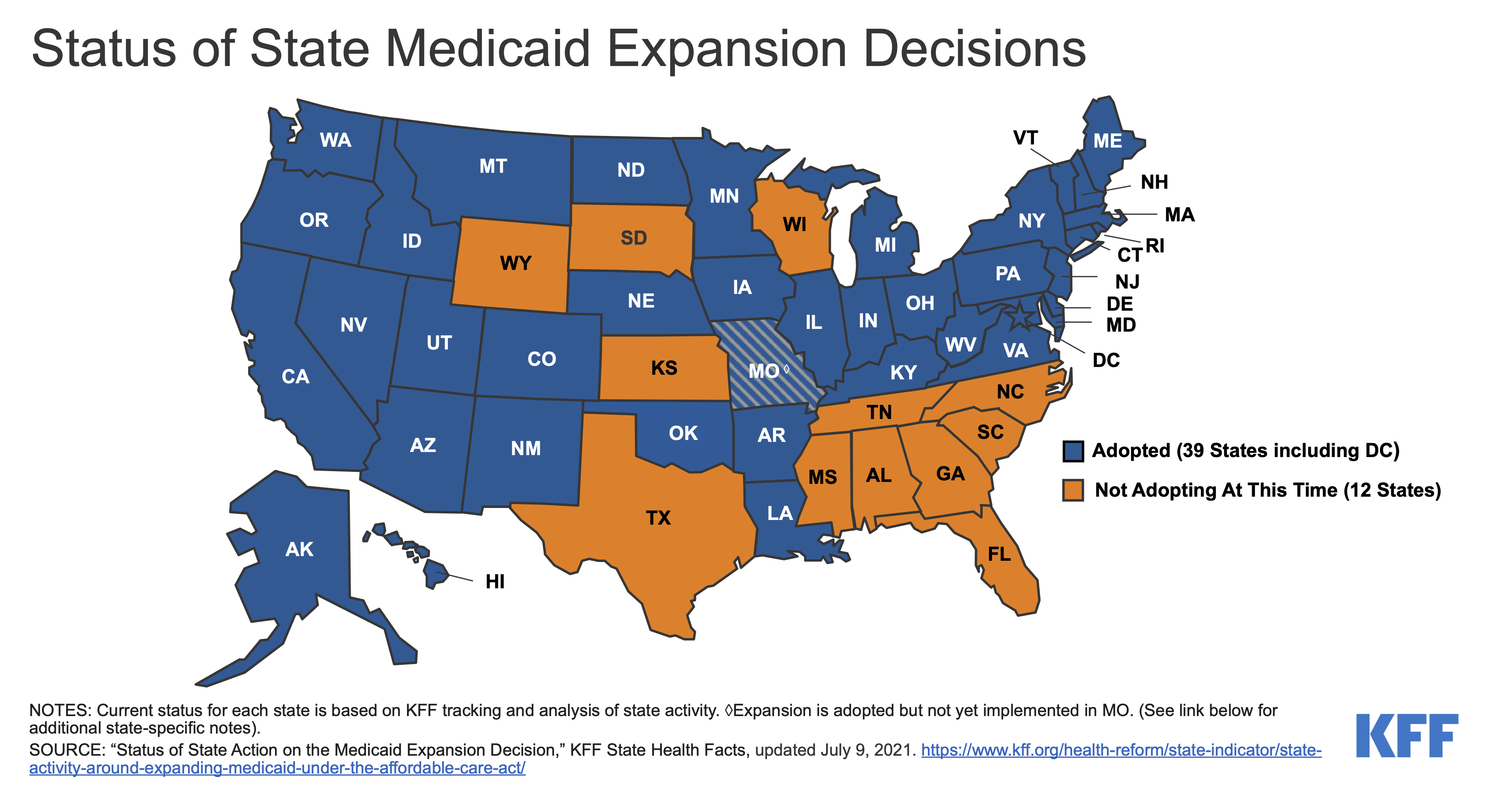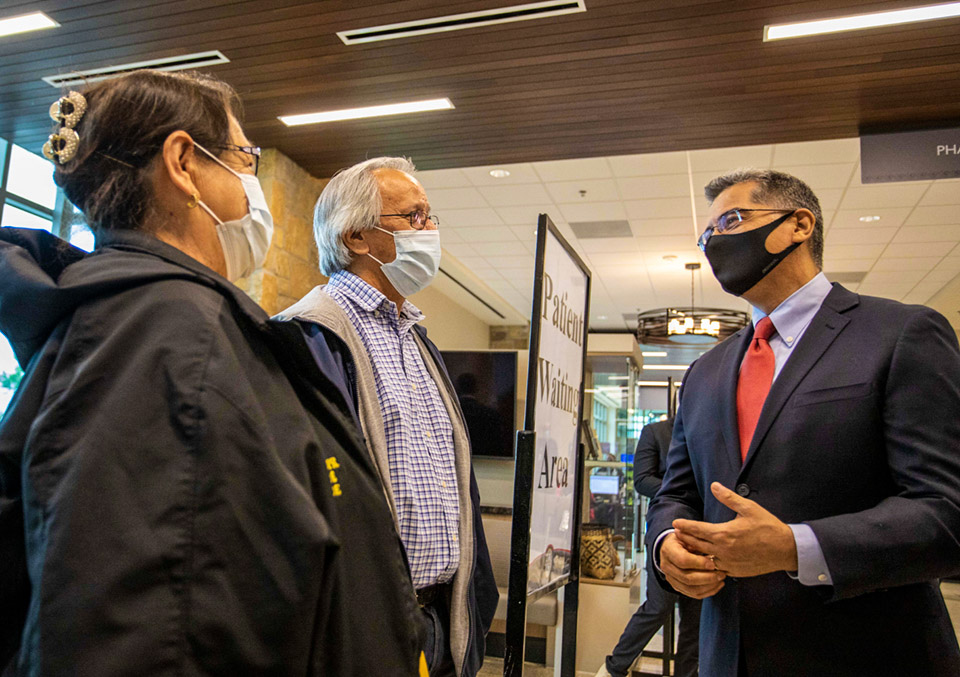Indianz.Com > News > Rodney Bordeaux: Indian Country can’t afford to wait for Medicaid
Medicaid remains a lifeline for Indian Country, but there’s more work to do
Tuesday, August 3, 2021
President, Rosebud Sioux Tribe
As President of the Rosebud Sioux Tribe, I am a firsthand witness to the profound healthcare challenges that our people face, a crisis that confronts Indian Country nationwide.
Nationally, compared to white adults, American Indian adults are almost three times more likely to lack insurance. In South Dakota the disparity is even greater. At the same time, people in our communities are also much more likely to experience serious health challenges like obesity, a physical disability, or a substance use disorder, making access to healthcare that much more critical.
While the Indian Health Service (IHS) plays a central role in the healthcare system for American Indians, millions of us are enrolled in Medicaid, which is celebrating its 56th anniversary this month. Medicaid provides health insurance for more than 80 million Americans nationwide, including more than a quarter of non-elderly American Indian adults and half of our children. From 2013 to 2018, the uninsured rate among American Indians fell from 28% to 20%, thanks to the increased access to health insurance created by the Affordable Care Act (ACA), including a major expansion of Medicaid.


President Rodney M. Bordeaux is currently serving in his fourth term leading the Rosebud Sioux Tribe. He holds concurrent leadership positions with the Great Plains Tribal Chairmen’s Association, the Great Plains Tribal Leaders Health Board, the National Congress of American Indians, and Dakotans for Health. Mr. Bordeaux received a Bachelor of Arts degree from Augustana College and a Master of Arts from Oglala Lakota College.
Related Stories
Search
Filed Under
Tags
More Headlines
Native America Calling: No ordinary animal
Native America Calling: Safeguards on Artificial Intelligence
NAFOA: 5 Things You Need to Know this Week
Chuck Hoskin: Cherokee Nation takes the lead for our environment
Native America Calling: Earth Day assessment for Native peoples
Cronkite News: Gathering addresses ‘epidemic’ among Native people
VIDEO: Cody Desautel on tribes and federal forest management
AUDIO: Legislative Hearing on Discussion Draft of Forest Management Bill
Native America Calling: Remembering the 1974 Navajo border town murders
Native America Calling: Can the right approach close the Native immunization gap?
Cronkite News: Long COVID cases remain high in Arizona
Native America Calling: Eyes in the sky for development, public safety, and recreation
Native America Calling: Three new films offer diverse views of Native life
NAFOA: 5 Things You Need to Know this Week
Chuck Hoskin: Cherokee Nation works toward cure for arthritis
More Headlines
Native America Calling: Safeguards on Artificial Intelligence
NAFOA: 5 Things You Need to Know this Week
Chuck Hoskin: Cherokee Nation takes the lead for our environment
Native America Calling: Earth Day assessment for Native peoples
Cronkite News: Gathering addresses ‘epidemic’ among Native people
VIDEO: Cody Desautel on tribes and federal forest management
AUDIO: Legislative Hearing on Discussion Draft of Forest Management Bill
Native America Calling: Remembering the 1974 Navajo border town murders
Native America Calling: Can the right approach close the Native immunization gap?
Cronkite News: Long COVID cases remain high in Arizona
Native America Calling: Eyes in the sky for development, public safety, and recreation
Native America Calling: Three new films offer diverse views of Native life
NAFOA: 5 Things You Need to Know this Week
Chuck Hoskin: Cherokee Nation works toward cure for arthritis
More Headlines
